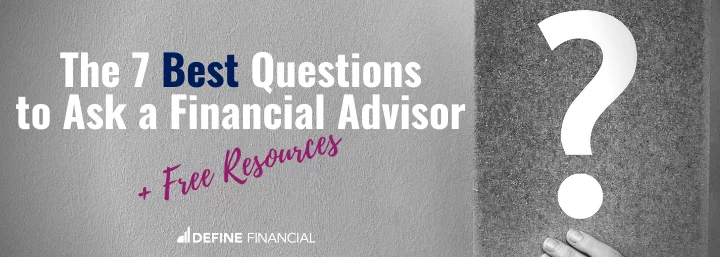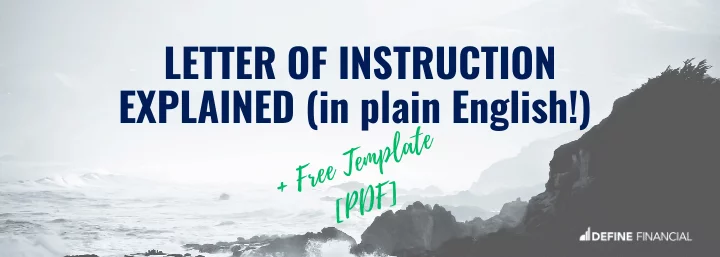
Is now a good time to buy a house?
Or should you wait to see if the real estate market completely implodes?
After all, the next real estate crash – spurred by massive unemployment from the current coronavirus pandemic – is just around the corner. Or is it?
It’s a fair assumption. After all, real estate values dropped during the last economic recession in 2008. So, why wouldn’t this recession also lead to a housing crash?
Before you get too far ahead of yourself, let’s examine several factors that go into whether you should or shouldn’t purchase a property, no matter what the market is doing.
Is there a Real Estate Bubble?
In 2006, we saw the real estate bubble pop. And there was indeed a real estate bubble, fueled by easy credit, predatory lending, and the general mania at the time.
I mention the above factors – such as predatory lending – because that’s not what we are seeing in today’s lending practices.
Is there a recession? It’s hard to argue against that given the current record level of unemployment. Whatever the outcome, the contributing factors to our current financial circumstance (massive unemployment as a function of the global pandemic) are much different from before (housing mania fueled by easy credit).
Given that the Great Financial Crisis resulted in a housing crash – is it appropriate to assume another housing crash is on the way when the causes of this recession are entirely different? Probably not.
So, will there be another housing crash – or at least a reduction in real estate prices? No one can predict the future.
Coronavirus Impacts on the Housing Market
If the spring is any indication, there may not be a real estate correction.
In fact, home sales have surged in recent weeks. This signals that the workers most affected by the pandemic are lower-income – those less likely to be homeowners.
Home inventory was already low before the pandemic. Now, fewer folks are willing to sell due to coronavirus concerns. Those who can afford to wait, likely have. Economics 101 dictates that (all else equal), a decrease in supply means an increase, not a decrease in prices.
Of course, that’s just a few months of data. So, to say anything with certainty – as to the direction of any financial market – is likely folly.
Are You Financially Ready to Buy a Home?
It’s impossible to know not only if – but when – real estate prices will collapse.
If I don’t know when real estate prices will crash, when should I buy a house?
The answer is simple: when you’re ready, financially.
To help you figure out if you are financially ready to buy a home, consider:
- Have you run the numbers?
- Will you have ample cash flow in your budget after accounting for your mortgage, property taxes, insurance, higher utility bills & transportation expenses (if you’ve extended your commute), property maintenance, and repairs?
- After making your down payment, will you still have a big rainy day fund of at least six months in the event of a job loss – or a global pandemic?
If you are considering purchasing a home, the above are the questions that you need to be answering yourself – and not searching for prophecies on the future direction of something that is merely unknowable, i.e., where the real estate market will go.
Don’t Let Emotions Push You into Homeownership
For homeownership to be right for you, the numbers have to be right. That’s a big part of what matters.
Do you know what has absolutely no bearing on the success of your homeownership adventure? How much you want to own a home.
- Are you tired of sharing a wall with your neighbor in your apartment complex?
- Do you long for a backyard for your pooch to run around?
- Do you “need” a garage for your various hobbies?
Well, that’s just too bad for you! Your wants have no business dictating whether you should be owning a home. The numbers need to be there to support the decision for homeownership.
Prepare Yourself to Buy a Home
Just like the stock market, the real estate market is going to do what it’s going to do. There’s nothing you can change about that.
What you can do is set yourself up for success, no matter what happens to home prices.
In investing, setting yourself up for success means buying-and-holding low-cost investments, investments which you won’t need to access for a very long time. (This gives your investments plenty of time to grow.)
If you do that, it won’t matter what the stock market does. If the market does go down, your patience and flexibility will bring you financial success.
In buying the biggest luxury item of your life (a home), you similarly need to set yourself up for success. (Side note: Think your home is a good investment? It’s not.)
Can you afford it?
The only one who can ensure this is you. Your real estate agent may push you to buy the biggest home possible. (They make more money that way.) Your mortgage lender won’t be looking out for you either; they’ll approve you for the biggest loan possible.
Buy Less House
The simplest – not the easiest – way to set yourself up for successful homeownership is to buy less house. It’s not easy because your real estate agent, your significant other, your kids, your peers, and your wants will push you into buying more.
Don’t do it.
First, set yourself up for financial success. Spend less and save more. Put yourself in a position where the size of your mortgage payment won’t create anxiety.
Second, and already mentioned, make sure you have a cash cushion for the next global pandemic.
Thirdly, make sure you’ll be sticking around a while. Clark Howard says that the breakeven point for buying a house – versus continuing renting – is seven years. How come? Real estate commissions can eat a big chunk of your investment return.
Holding your home longer allows you to build more equity over time, making up for the bite from the real estate agent commission.
Focus on What You Can Control
Taylor likes to say that we should focus on the things we can control. I couldn’t agree more.
Focusing on personal finance – and not the whims of financial markets – is well within your control. If you do that, you won’t have to worry about when and if the next housing crash will happen – coronavirus-inspired or otherwise.


